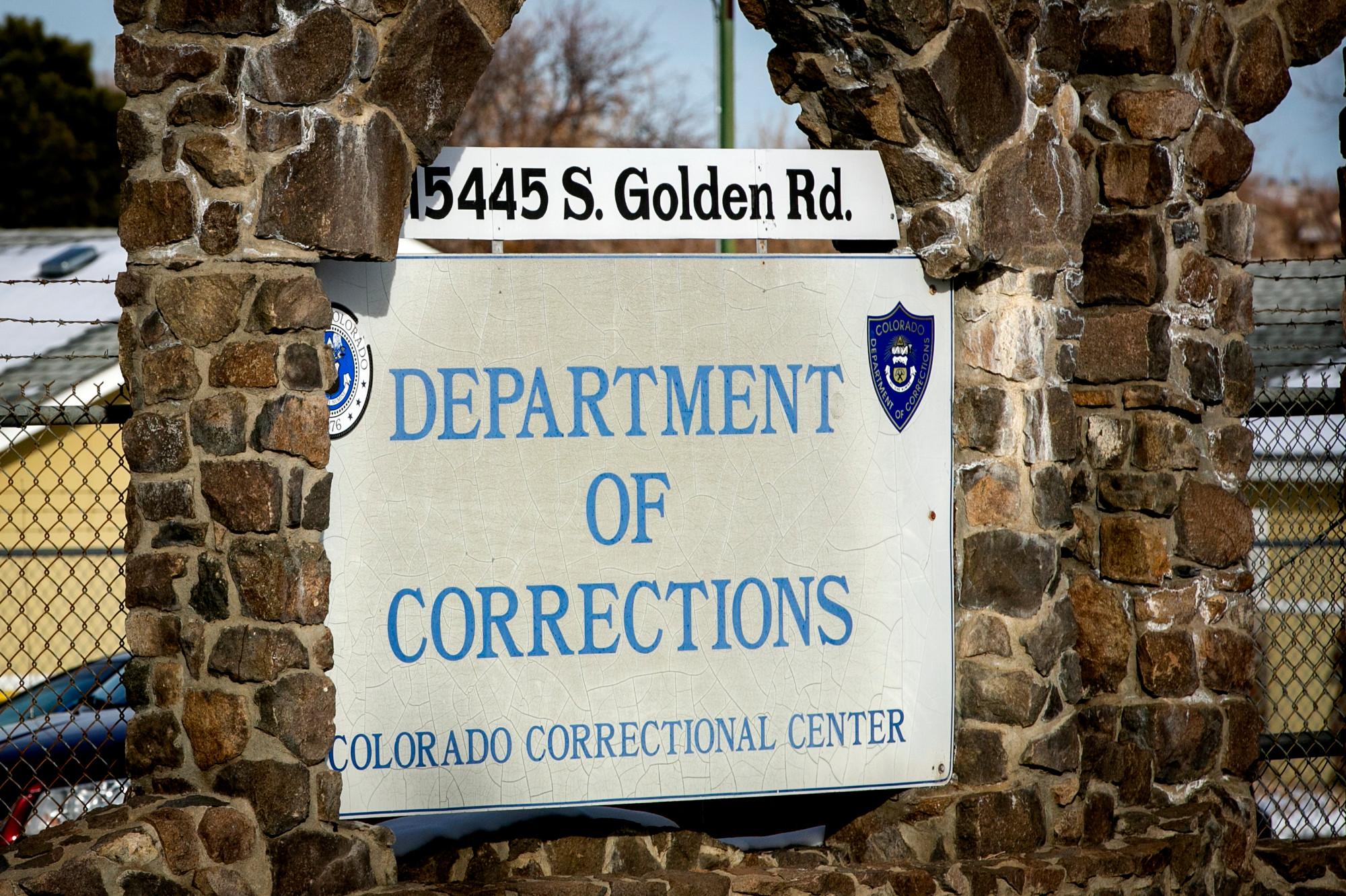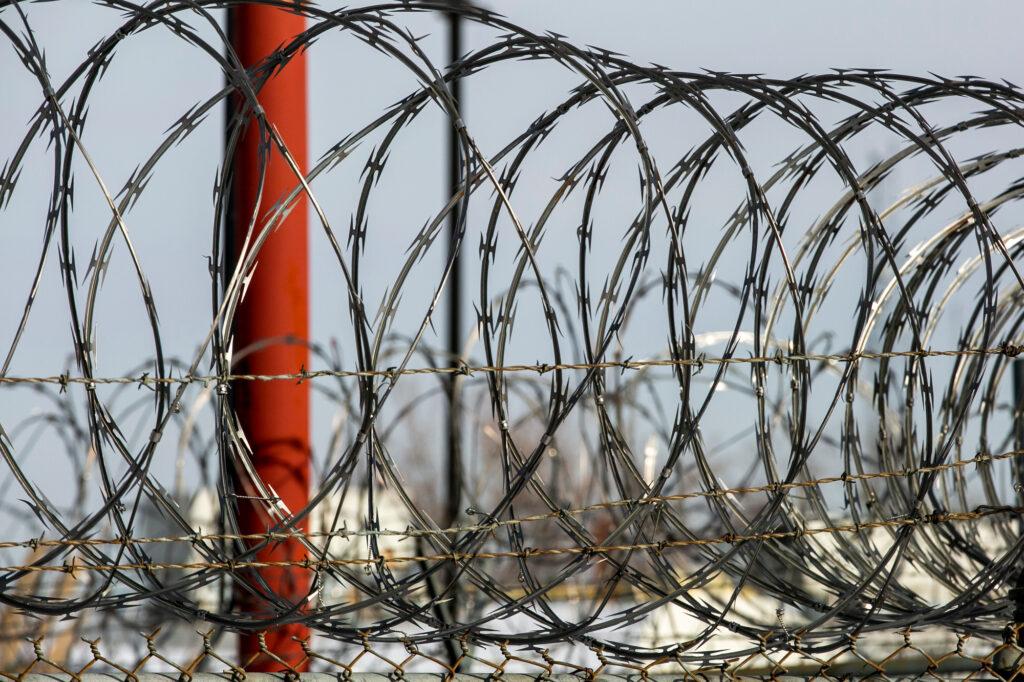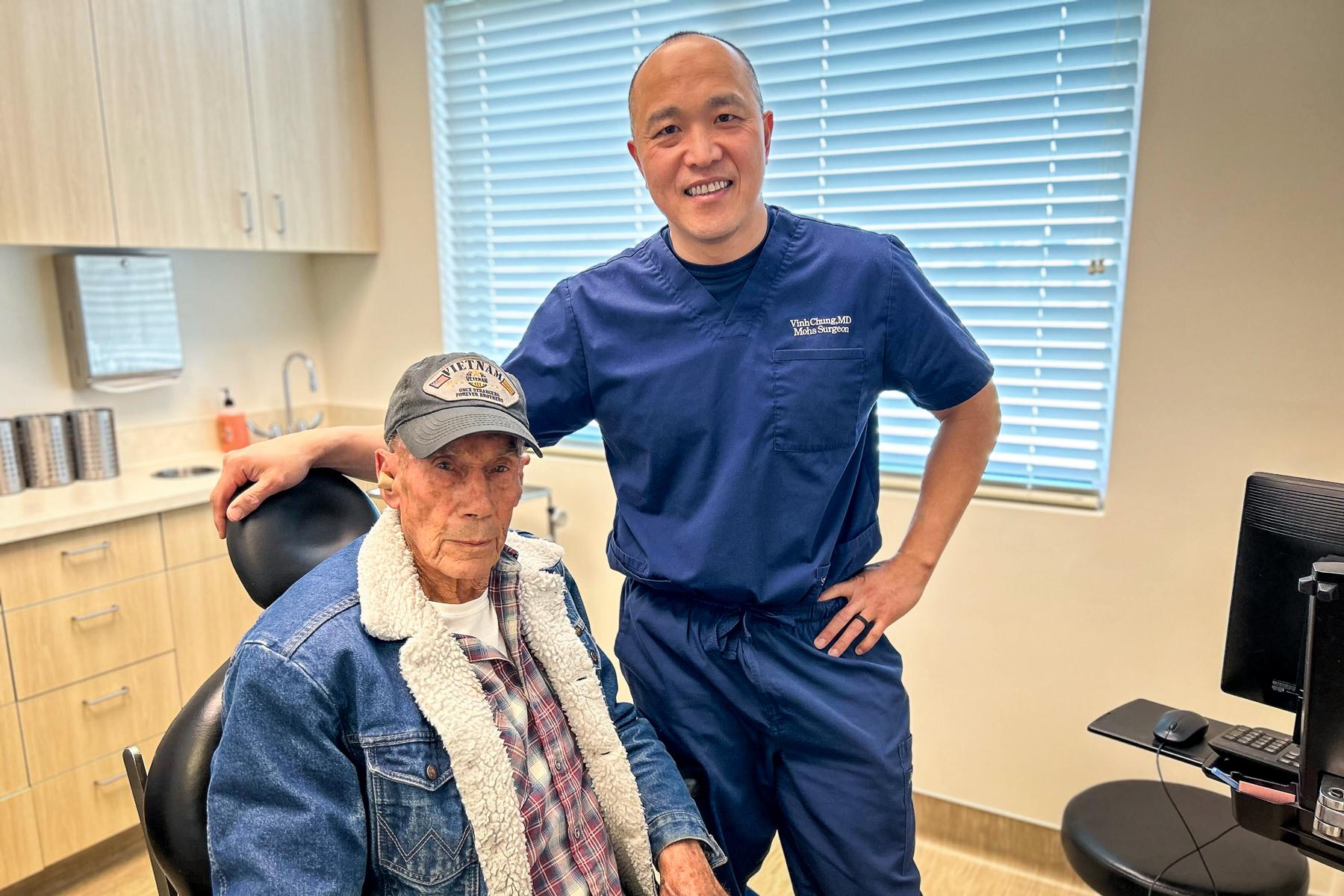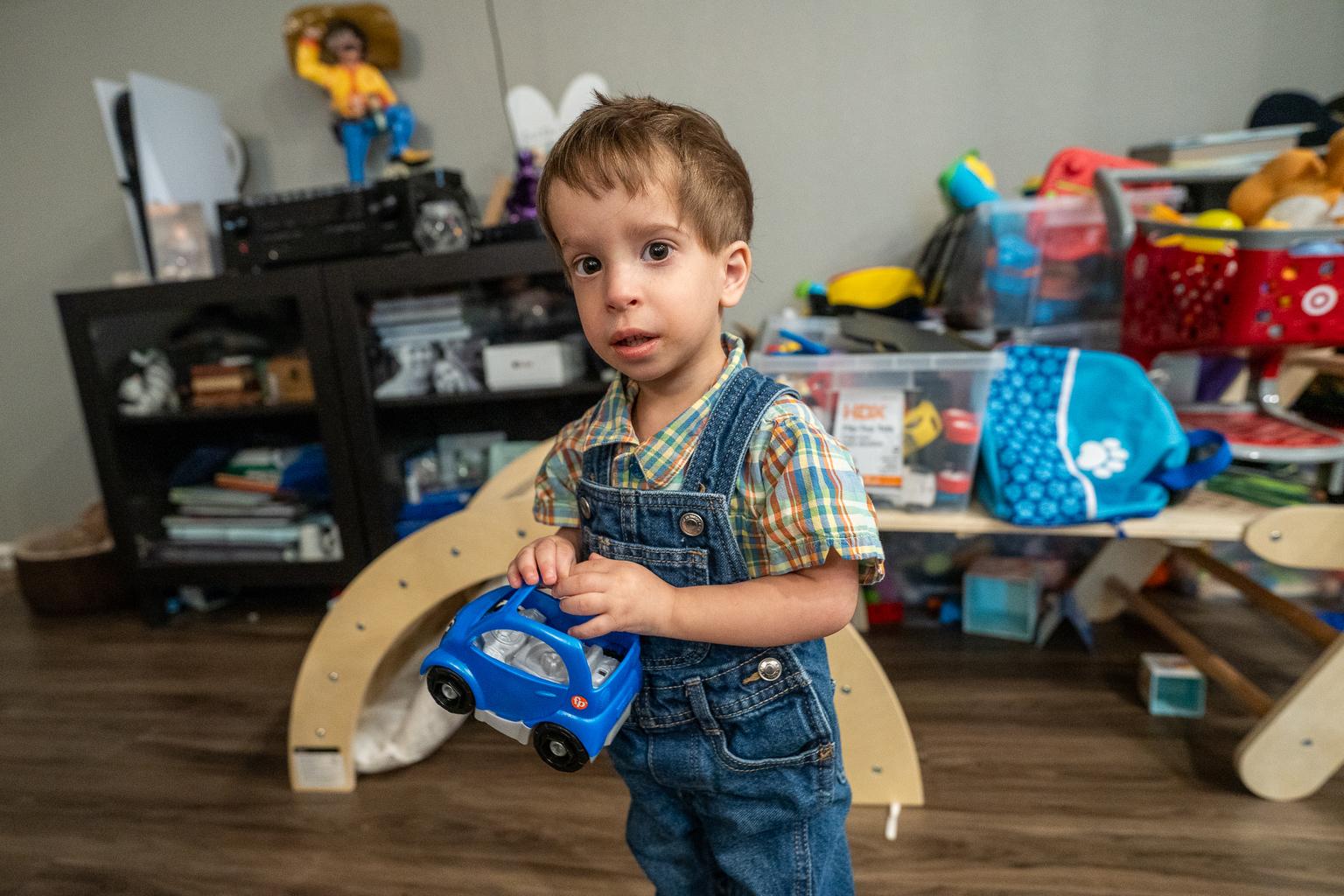
Throughout the month of December, Gov. Jared Polis has considered asking the National Guard to help with basic operations inside the state’s prisons — laundry, meal preparation, trash removal — because massive COVID-19 outbreaks among correctional officers and inmates have sparked a staffing crisis.
This week, there are almost 400 prison guards out sick with COVID-19 and more than 1,100 prisoners with active infections across the state. Seventeen inmates have died so far during the pandemic.
The number of correctional officers on leave has actually improved in recent days — it was more than 530 earlier in the month.
State officials confirmed the governor’s office had conversations with the Guard about the possibility of soldiers coming into facilities on a purely voluntary basis. The governor’s office said that’s no longer immediately necessary because more correctional officers have returned to work.
“We’re committed to protecting health and safety during this challenging time and we are once again grateful to the Colorado National Guard for their willingness to step up,” said Conor Cahill, a Polis spokesman.
Still, parole officers, correctional officers and advocates and families of inmates say conditions inside the state’s prison facilities are extremely grim.
“Of course, it feels unsafe,” said a correctional officer, who asked CPR not to use their name because they aren’t authorized to speak to reporters. “We’re exhausted, mentally ... It’s been tough getting staff members and offenders to wear masks, to follow the protocol to protect everybody … It’s a lot of stress on us. You can't wait to get out of there and you don’t want to go in.”
Annie Skinner, a Department of Corrections spokeswoman, said in an emailed statement that the health and safety of the staff is “our top priority.”
“Staff are provided KN95 masks and are required to wear them. Inmates are also provided free masks, which they are required to wear and those masks are replaced as needed,” she said. “Our facilities are being regularly audited for COVID mitigation compliance.”

Of Colorado’s 23 state facilities, 17 are in “phase III” operations, which means inmates have very limited time outside cells all day. Advocates call this a lockdown.
Department of Corrections officials say they only implement “phase III” status for prisons with active outbreaks, but state documents show that many of the facilities in phase III do not have widespread infection rates — they are simply suffering from staff shortages.
“The families we talk to are terrified,” said Christie Donner, executive director of the Colorado Criminal Justice Reform Coalition. “The staffing shortage has to be fixed immediately. They have to widely vaccinate inmates and staff immediately. And the prisons have to come off of lockdown as soon as possible. Unless all three of those things happen, we’re very worried that the prisons are not operating at constitutional requirements.”
Already, parole officers have been offered overtime pay to serve as prison guards and help with basic operations inside the locked facilities, according to emails obtained by CPR News.
Over the past several weeks, the Department of Corrections has begged for volunteers, offering parole officers extra pay, hotel stays and driving time money to work eight-hour shifts with “limited contact” with inmates, according to emails.
DOC spokeswoman Skinner confirmed 20 parole officers a week have agreed to help staff the prisons. She did not respond to questions about overtime pay or extra perks offered to parole officers.
Earlier this year, Polis issued an executive order that allowed for some early releases of people whose parole eligibility dates were coming up. But he did not renew that order when it expired and since then, the COVID-19 outbreak rates have skyrocketed.
The American Civil Liberties Union is suing the governor on behalf of several inmates who say he has not done enough to reduce prison populations to make facilities safer for people inside. Lawyers have asked for a temporary restraining order against the governor. A state judge has, so far, allowed the case to move forward.
Beyond the lawsuit, advocates are pressuring the governor to be more aggressive in lowering the health risk inside prisons, both by letting more non-violent inmates out — in particular, those who are already past their parole eligibility dates — and also vaccinating prisoners in the first few months of the vaccine rollout.
Dr. Carlos Franco-Parades, an infectious disease expert and professor at the University of Colorado Anschutz Medical Center, has written a letter to Polis asking him to prioritize prison populations for the sake of public health and the wider community.
Several of the state’s prisons are in rural areas, where medical facilities have been swamped from COVID-19.
“It is a public health failure to not take care of these people,” Franco-Parades said. “I think Gov. Polis has not had the moral courage to protect people in these settings the way public health recommendations dictate.”
CPR’s Bente Birkeland contributed to this story.








